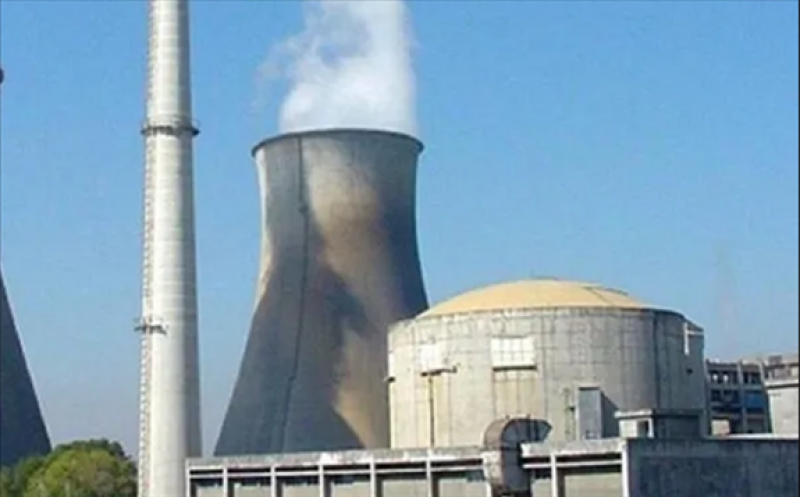India plans to ramp up its nuclear power generation capacity with the addition of 10 reactors approvals for which have already been accorded by the central government. India's nuclear capacity will reach 22,480 MW by 2031 with the addition of these 10 reactors, said Union Minister Jitendra Singh.

Union Minister said that the government has planned to commission more nuclear power plants for power generation.
In a written reply to a question in the Lok Sabha on Wednesday, he said, there are presently 22 reactors with a total capacity of 6,780 MW in operation and one reactor, KAPP-3 (700 MW) has been connected to the grid on January 10, 2021.
In addition, there are 10 reactors (including 500 MW PFBR being implemented by BHAVINI) totalling to 8000 MW under construction at various stages.
The government has given administrative approval and financial sanction for the construction of 10 indigenous 700 MW Pressurized Heavy Water Reactors (PHWRs) to be set up in fleet mode. Upon completion of the projects under construction, India’s nuclear capacity is expected to reach 22480 MW by 2031.
More nuclear power plants are also planned in future, he added.
Highest priority is accorded to safety in all aspects of nuclear power viz. siting, design, construction, commissioning, and operation.
Nuclear power plants are designed adopting safety principles of redundancy, diversity and provide fail-safe design features following a defence-in-depth approach.
This ensures that there are multiple barriers between the source of radioactivity and the environment. The operations are performed adopting well laid out procedures by highly qualified, trained and licensed personnel. Appropriate Personal Protection Equipment and monitoring aids are provided to all the personnel working in the nuclear power plants.